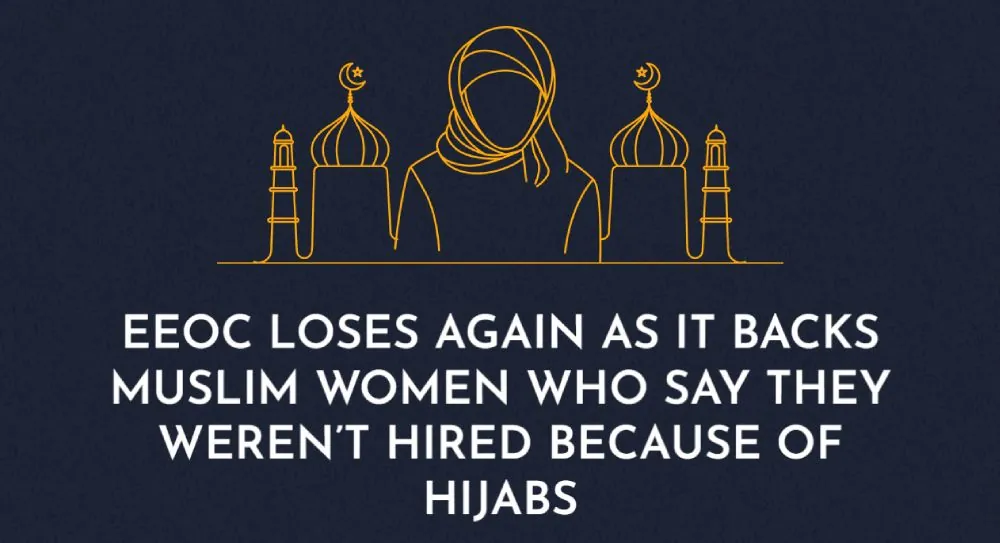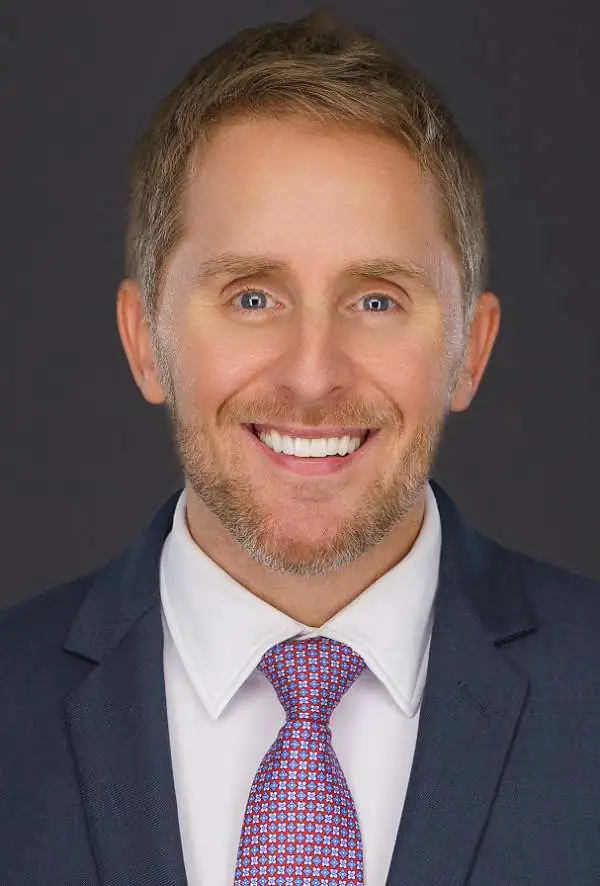
After more than four years of litigation and two court victories, it looks like an airplane cleaning service might finally be clear from the federal agency that pushed the case all the way to a federal appeals court.
In December, the U.S. Court of Appeals for the Tenth Circuit ruled against the Equal Employment Opportunity Commission, which has targeted JetStream Ground Services for allegedly denying employment to Muslim women.
Previously, a Denver jury ruled for JetStream in 2016, but the EEOC appealed. The Tenth Circuit ruled it was the EEOC’s own fault that certain sanctions weren’t imposed against the company for the possible destruction of records.
“The EEOC waived this argument by discussing at length in their opening statement the very evidence it sought to have excluded,” said Seyfarth Shaw attorney Alex Karasik, who has been following the case for years.
“It is widely recognized that a party who raises a subject in an opening statement opens the door to admission of evidence on that same subject by the opposing party and cannot later complain on appeal that the evidence was erroneously admitted.”
The suit was originally filed in 2013, alleging the company denied several female Muslim applicants because of dress code policies.
The issue began in 2008, when JetStream was hired to clean aircraft at the Denver International Airport. JetStream conducted a job fair for employees who were already performing those tasks for the company that previously held that Denver contract.
Allegedly, the company did not hire any Muslim women because they wear hijabs. The plaintiffs felt a JetStream supervisor refused to hire anyone who wore headgear at work, even for religious reasons.
The company said it based its hiring decisions on recommendations from a supervisor at AirServ, the company for which the women worked. That info was included in notes and a spreadsheet, the company said.
When asked to produce that evidence, the company said the notes were lost and the original spreadsheet had been updated to reflect which applicants would be hired.
The EEOC, before trial, sought sanctions against the company that would have prevented JetStream from introducing evidence of the recommendations from the AirServ supervisor.
The judge presiding over the trial said the court needed to hear the evidence at trial. The EEOC then did not renew its objection to the evidence and referenced it several times during opening arguments.
Ultimately, the jury ruled for JetStream.
Karasik said while the potential spoliation of records is a serious matter that can undoubtedly impact the outcome of a case, the 10th Circuit held that if the EEOC wished to the have the evidence excluded at trial, it should have requested the district court to forbid the defendant from presenting any such evidence until it had an opportunity to argue outside the presence of the jury against its admission.
“The EEOC argued the district court abused its discretion by refusing to impose a sanction on the defendant because it disposed of records that were required to be preserved, including handwritten interview notes,” Karasik said.
“I agree with the 10th Circuit’s analysis and conclusion that the district court did not abuse its discretion in rejecting plaintiffs’ requests for spoliation sanctions or denying the EEOC’s motion for a new trial. The EEOC’s argument that the exclusion sanction should have been applied was waived in its opening statement at trial.”
A month after the ruling and the docket does not show a motion for rehearing from the EEOC.
Though the EEOC’s appeal was denied, the issue is still very much alive, according to Karasik.
“In its Strategic Enforcement Plan for Fiscal Years 2017-2021, the EEOC identified eliminating barriers in recruitment and hiring as one of its six top priorities,” Karasik said.
He said employers need to be aware that the EEOC is closely scrutinizing the hiring practices of businesses, specifically in the context of religious discrimination.
“Employers should carefully consider any and all requests for accommodations, including requests made during the hiring process,” Karasik said.
JetStream’s success is by no means future precedent, he added.
“Although the employer here emerged victorious, businesses still need to be proactive in ensuring their recruiting and hiring practices are legally compliant in order to avoid costly litigation,” Karasik said. “The best practice for employers is to take a respectful and thoughtful approach to religious accommodation requests to avoid potential EEOC litigation and sometimes unforgiving juries.”
This article was first published on Forbes in 2018.

